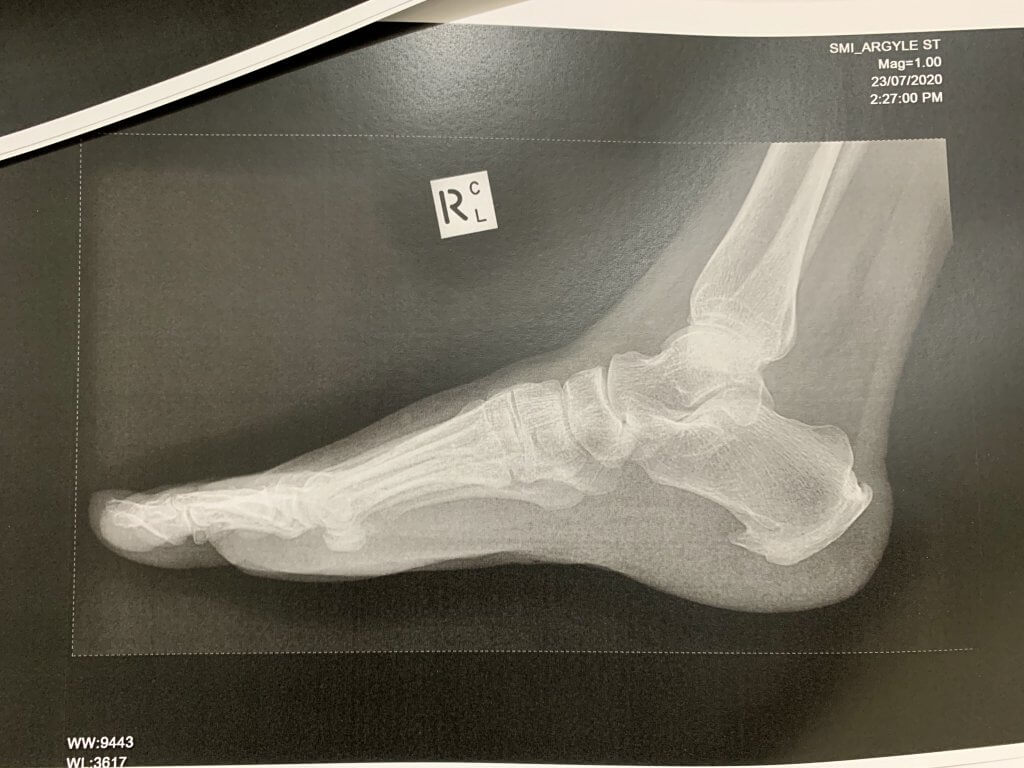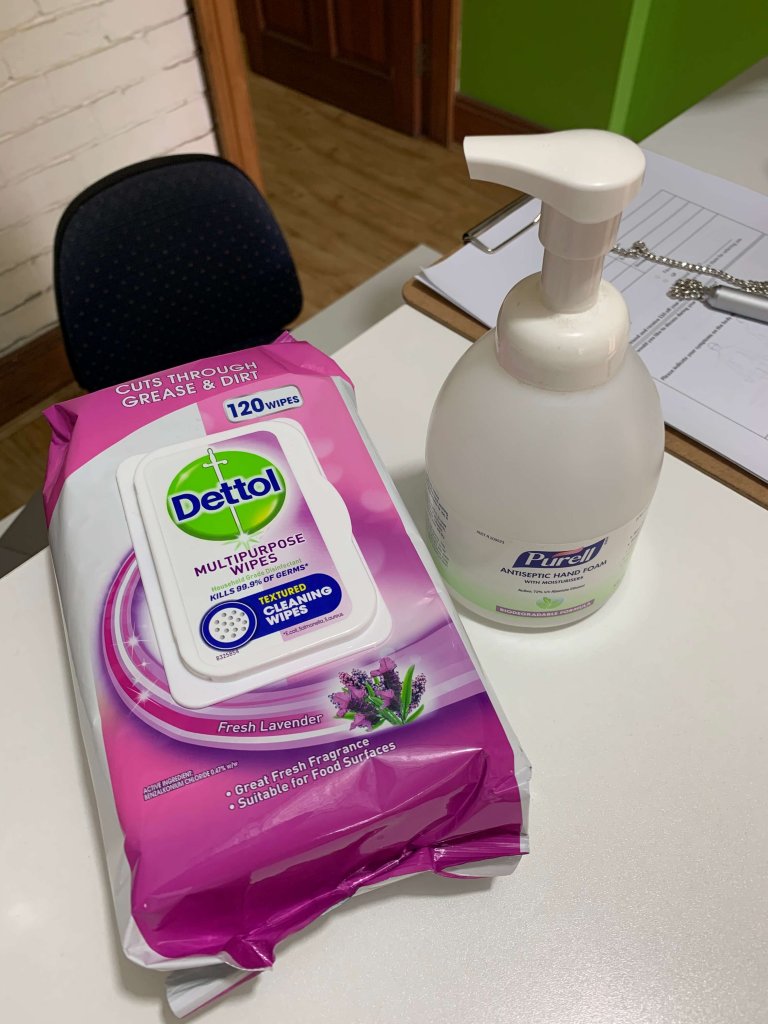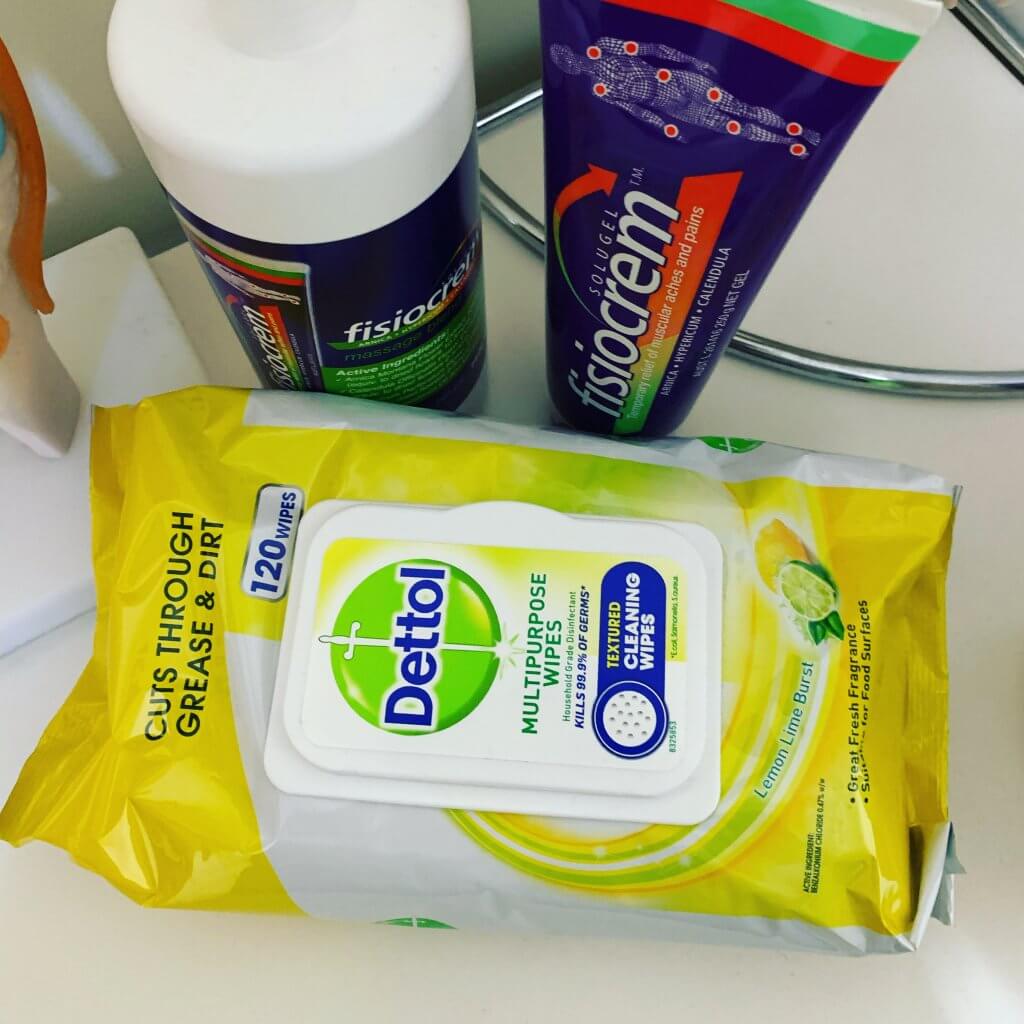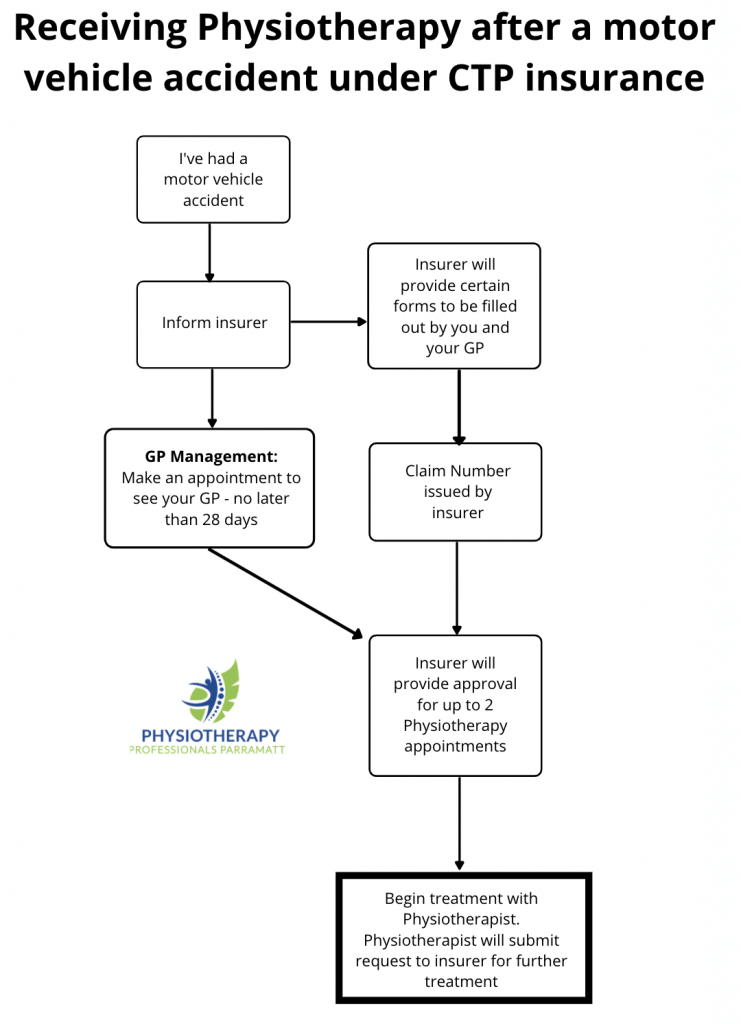Musculoskeletal Physiotherapy
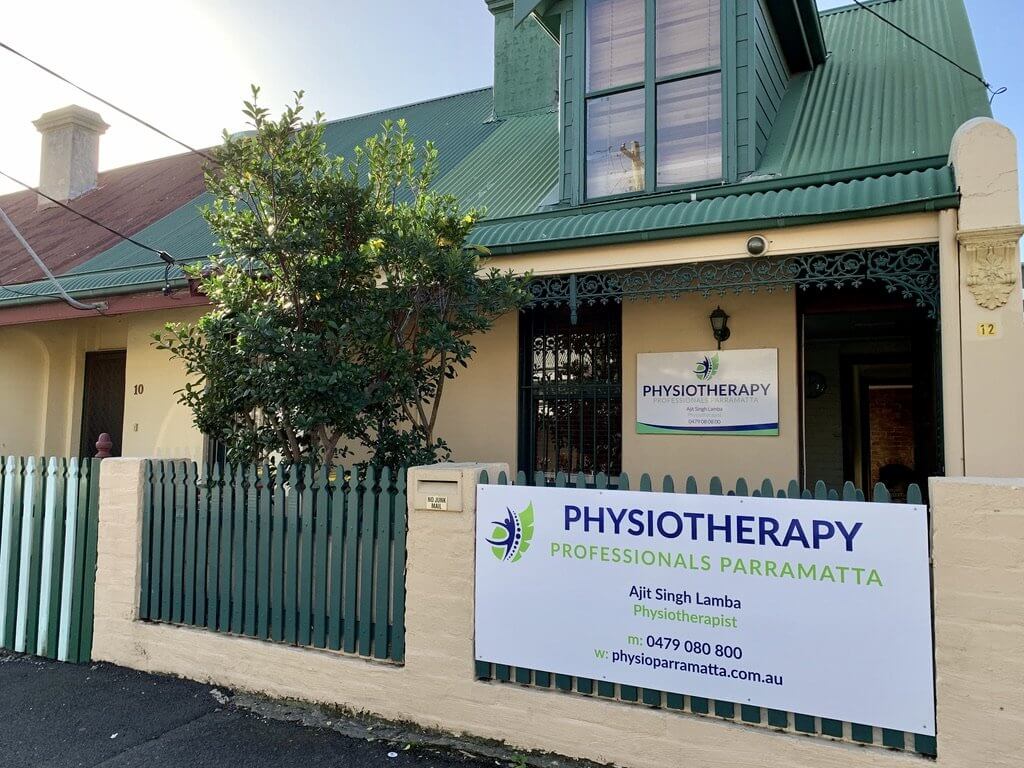
Musculoskeletal Physiotherapy
Musculoskeletal pain can be present in the body away from the source of the problem. An accurate musculoskeletal physiotherapy assessment will provide the right treatment approach.
Does your musculoskeletal system need help?
Musculoskeletal physiotherapy is an effective and gentle approach to managing spinal conditions, including spinal osteoarthritis. Your pain may be caused by altered joint mobility, neural tissue or muscle imbalance.
Conditions treated include:
- Neck pain & headaches
- Jaw joint pain (TMJ)
- Upper limb pain and referred pain
- Mid back and rib pain
- Lower back pain
- Lower limb referred pain
- Pre- and post-natal SIJ pain
- Scoliosis and poor posture
Is muscle imbalance causing you pain?
Your pain may alter how you move, causing muscles to become tight or weak resulting in muscle imbalance. Effective, simplified exercises can see significant improvement quickly, for conditions such as:
- Shoulder or upper limb pain may be referred pain from your neck or localised muscle imbalance. Targeted exercises help you achieve lasting results for shoulder issues.
- Hip, knee, ankle or foot problems respond to treatment that may include joint mobilising to improve movement. Lateral hip pain for example responds well to targeted effective exercises.
- Muscle related conditions may cause muscle or tendon tears, addressing any underlying muscle imbalances is important for lasting results.
- Bone and joint related conditions such as arthritis, osteoporosis, ankylosing spondylitis, post injury fractures or joint dislocations are conditions managed by Physiotherapists.
We help you have less pain and move better.
Musculoskeletal physiotherapy treatments include:
- joint mobilisation
- joint manipulation
- muscle treatments such as dry needling and massage
- functional movement retraining
- simple postural and breathing exercises
We embrace changes in musculoskeletal injuries health management to help you as best we can. Sometimes your thoughts and feelings can impact your condition and our experienced team understand how to guide your body back to your best health and break the cycle of repeated injury or chronic musculoskeletal pain.
Physiotherapy dry needling
Dry needling has benefits in the treatment and management of acute and chronic musculoskeletal pain conditions such as:
Dry needling may be beneficial in the treatment and management of acute and chronic conditions such as:
- Back pain
- Neck pain
- Headaches including tension-type and migraine headaches
- Jaw pain
- Pelvic girdle pain, buttock pain
- Arm pain(tennis elbow, carpal tunnel, golfer’s elbow)
- Shoulder bursitis, impingement and muscle imbalance
- Lower limb pain (sciatica, hamstrings and calf muscle, OA knee)



